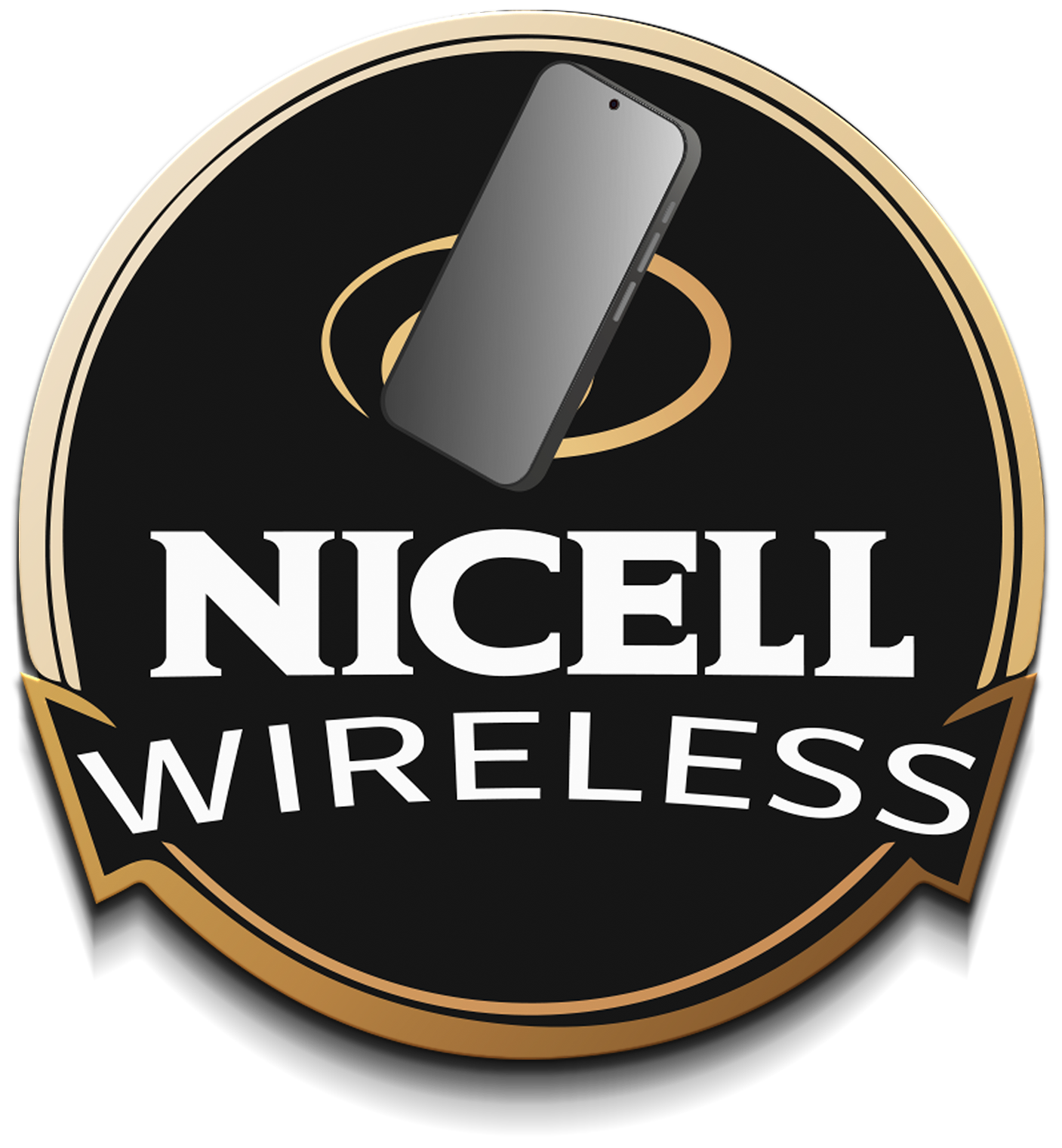The Pros and Cons of Different Mobile Operating Systems
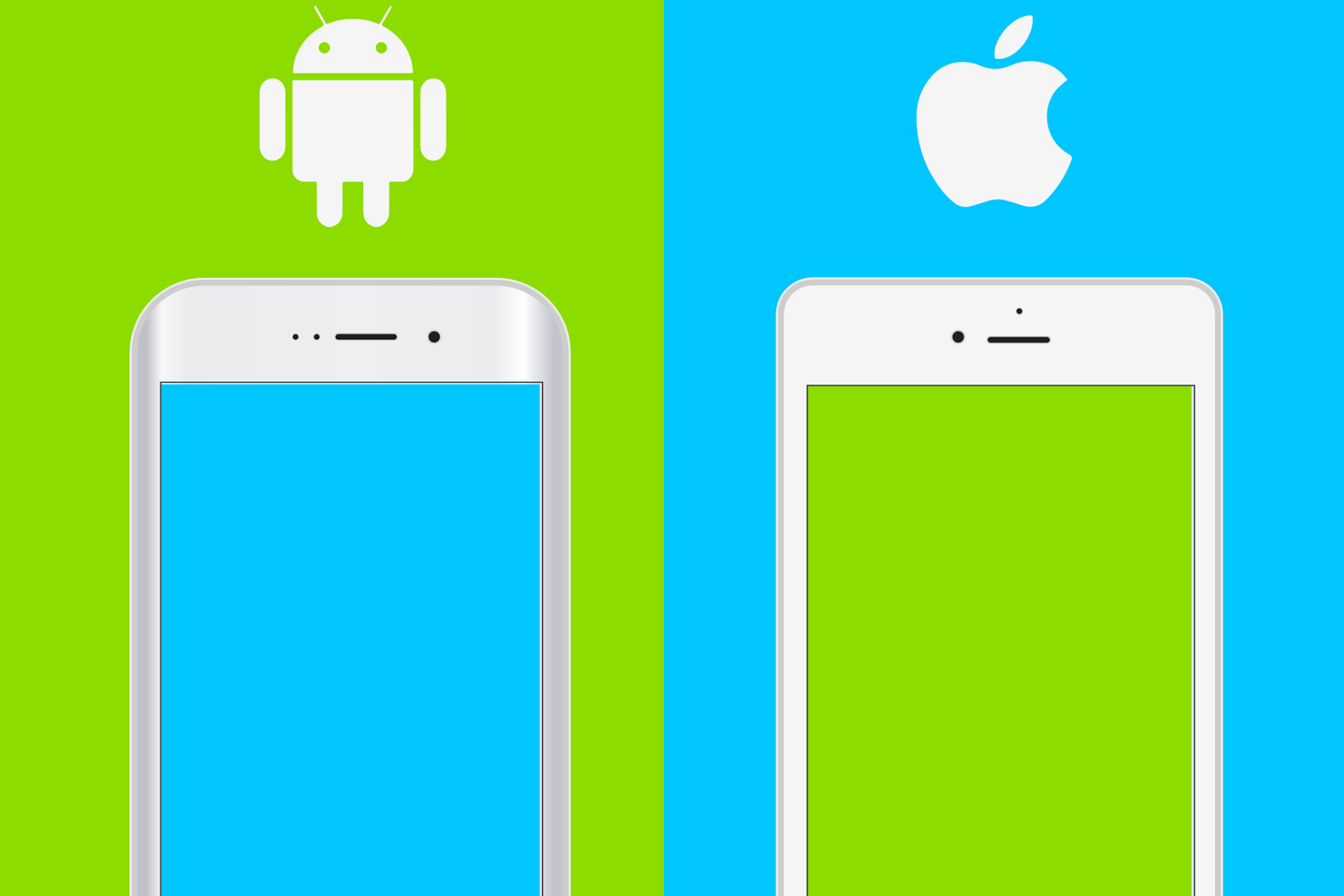
Hey there, smartphone enthusiasts! If you've ever found yourself torn between the array of mobile operating systems available today, you're not alone. Choosing the right OS for your device is a crucial decision that can significantly impact your user experience. To help you navigate this tech jungle, let's dive into the pros and cons of the most popular mobile operating systems in the market.
Here at Nicell Wireless, we understand the importance of having a smooth-running device, which is why we're breaking down the key features of iOS, Android, and Windows to help you make an informed decision.
iOS (Apple):
Let's start with the OG of mobile operating systems - iOS. Developed by Apple, iOS is known for its sleek design, intuitive interface, and seamless integration with other Apple devices. Here are some pros and cons of iOS:
Pros:
1. User-Friendly Interface
iOS is renowned for its user-friendly and simplistic interface, making it a favorite among beginners and tech-savvy users alike.
2. App Ecosystem
The Apple App Store boasts a vast selection of high-quality apps that are optimized for iOS devices, ensuring a seamless user experience.
3. Security
iOS is known for its robust security features, including regular updates and encryption, providing peace of mind for users concerned about privacy.
4. Seamless Integration
If you're already an Apple user, iOS offers seamless integration with other Apple products, such as MacBooks and Apple Watches.
Cons:
1. Limited Customization
iOS is known for its restricted customization options compared to other operating systems, limiting personalization choices for users.
2. Price
Apple devices tend to come with a higher price tag, making iOS less accessible for budget-conscious consumers.
3. Closed Ecosystem
Apple's closed ecosystem can be a double-edged sword, as it limits compatibility with non-Apple devices and services.
Android:
Next up, we have Android, the most widely used mobile operating system globally. Developed by Google, Android offers a wide range of devices and customization options. Let's explore the pros and cons of Android:
Pros:
1. Customization
Android is praised for its extensive customization options, allowing users to personalize their devices through widgets, themes, and launchers.
2. Device Diversity
Android is available on a wide range of devices from various manufacturers, offering options to suit different budgets and preferences.
3. Google Ecosystem
Android seamlessly integrates with Google services, such as Gmail, Google Drive, and Google Maps, making it a go-to choice for Google enthusiasts.
4. Affordability
Android devices are available at various price points, making them more accessible to users seeking budget-friendly options.
Cons:
1. Fragmentation
Android's open-source nature can lead to fragmentation, resulting in delays in software updates and potential compatibility issues across devices.
2. Security Concerns
Due to its open ecosystem, Android may be more susceptible to security threats compared to iOS, though Google has made strides in improving security measures.
3. Bloatware
Some Android devices come pre-installed with bloatware, which can consume storage space and impact performance.
Windows:
Last but not least, we have Windows, Microsoft's contribution to the mobile OS landscape. While Windows smartphones may not be as prevalent as iOS and Android devices, they offer a unique experience worth considering. Here are the pros and cons of Windows:
Pros:
1. Seamless Integration
Windows provides seamless integration with Microsoft services such as Office, OneDrive, and Cortana, creating a cohesive user experience for productivity-focused users.
2. Live Tiles
Windows smartphones feature Live Tiles, interactive icons that provide real-time updates from apps without having to open them, enhancing user convenience.
3. Continuum
Windows Continuum allows users to connect their smartphones to a monitor and use them as a desktop computer, offering versatility for both work and entertainment.
Cons:
1. App Availability
The Windows app store has a limited selection compared to the Apple App Store and Google Play Store, potentially restricting app choices for users.
2. Market Share
Windows smartphones have a small market share compared to iOS and Android, resulting in potential limitations in terms of device availability, updates, and support.
In conclusion, each mobile operating system offers a unique set of features and drawbacks. Whether you're drawn to the sleek design of iOS, the customization options of Android, or the productivity features of Windows, there's a mobile OS out there to suit your preferences and needs.
At Nicell Wireless, we're here to support you in keeping your devices in top-notch condition, regardless of the operating system. If you ever find yourself in need of cell phone repairs, iPhone screen replacements, or laptop fixes, our team of experts in Salt Lake City is here to help. Stay tuned for more tech insights and tips from Nicell Wireless – your go-to destination for cell phone repair and tech solutions in Salt Lake City!

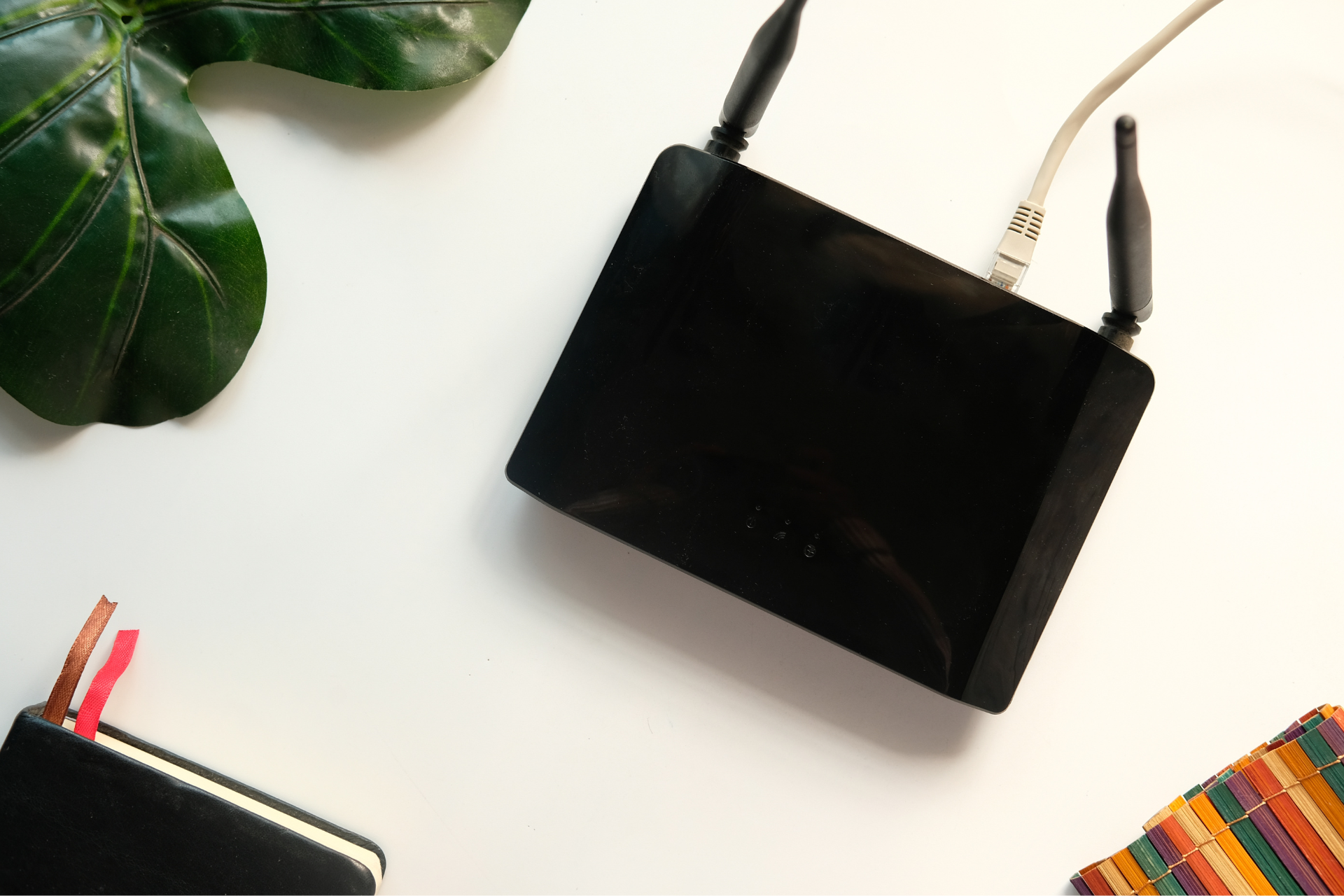

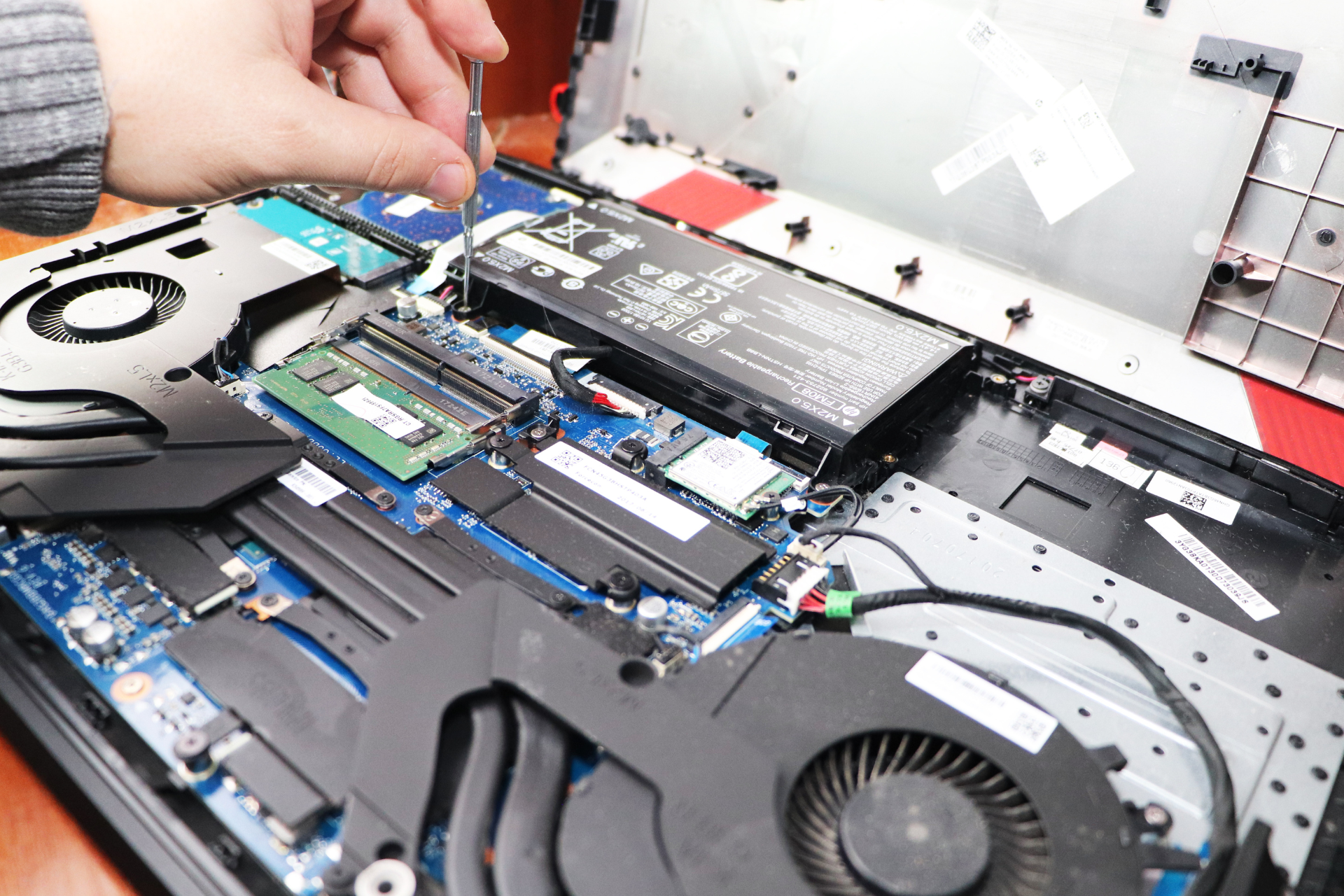
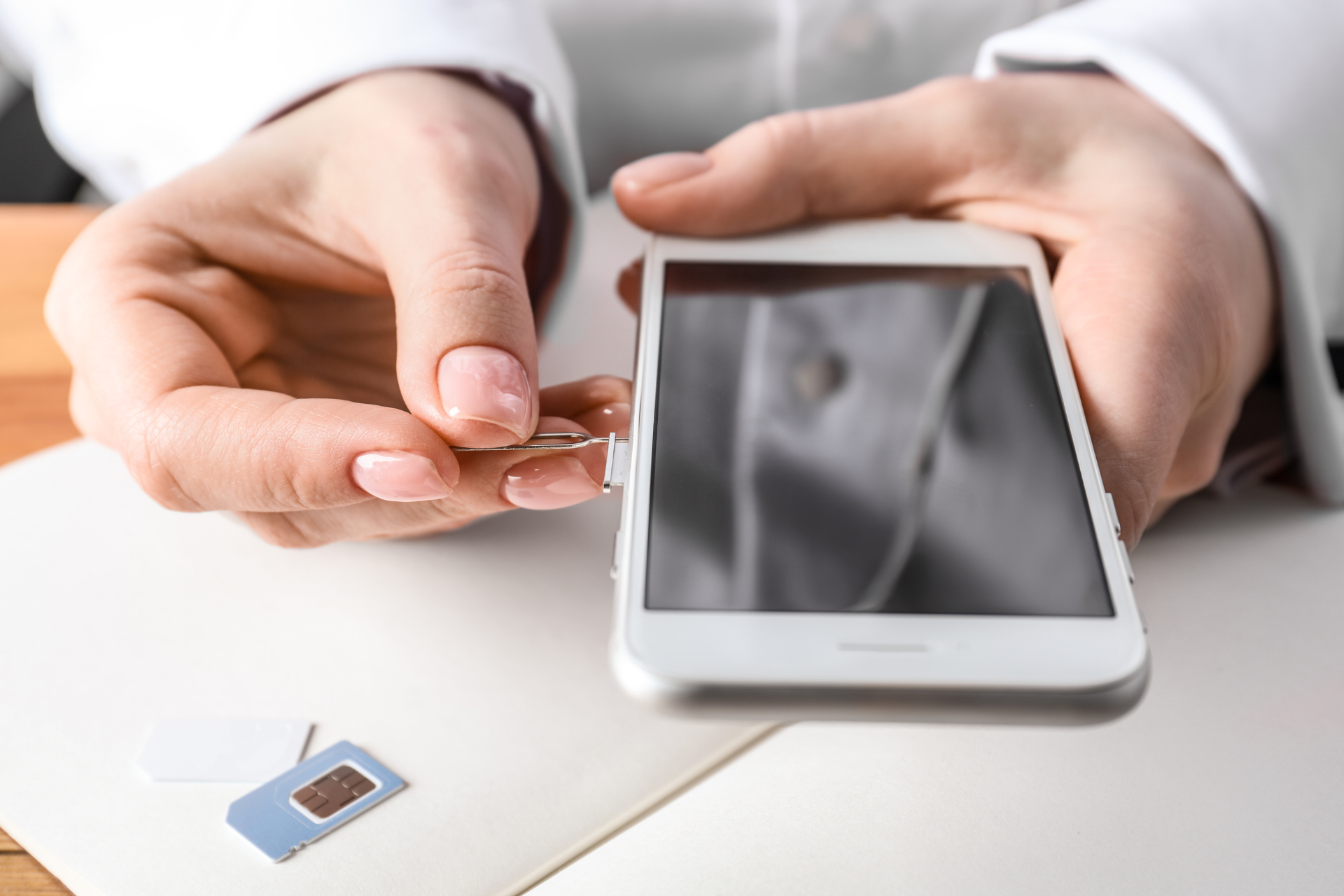
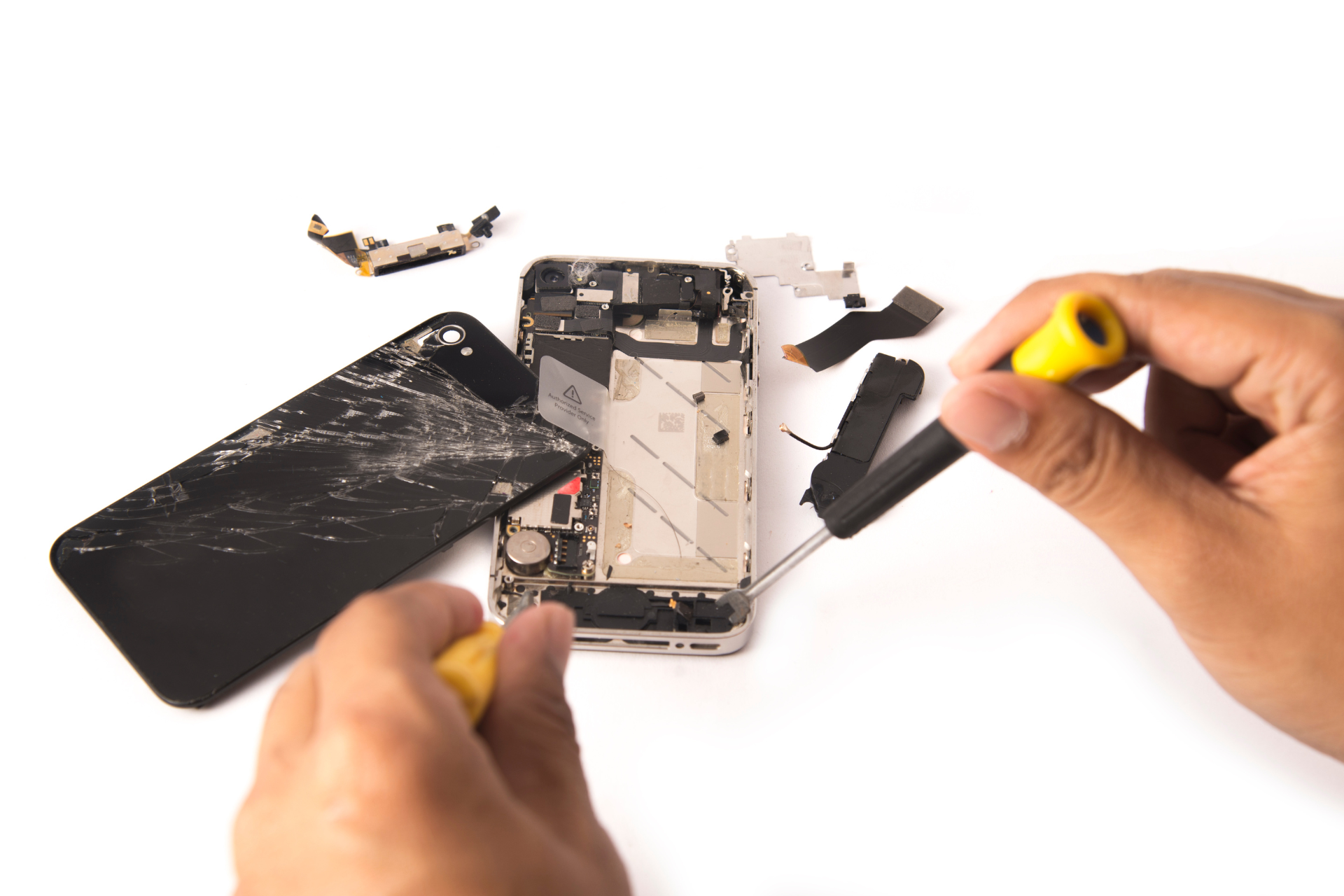



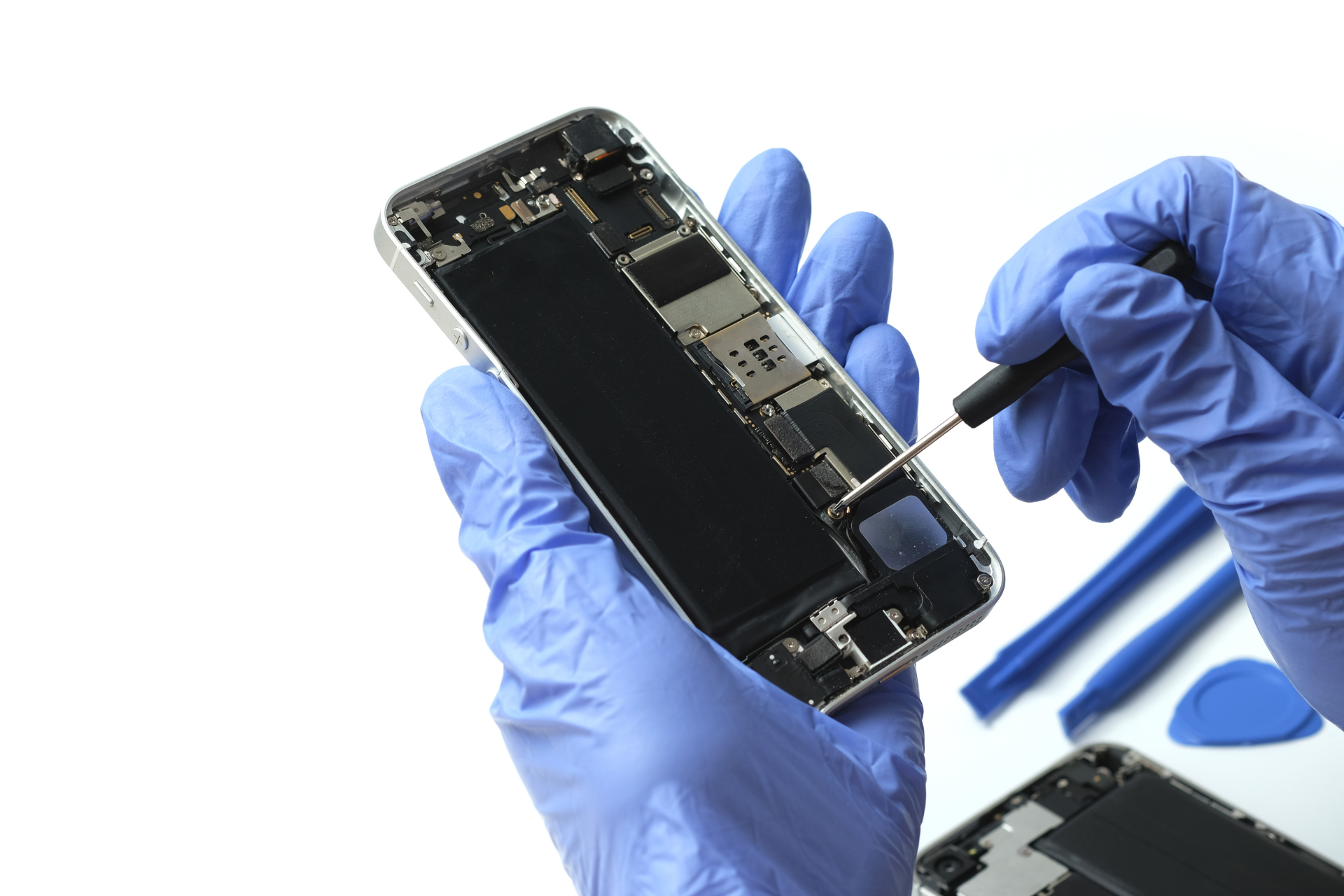
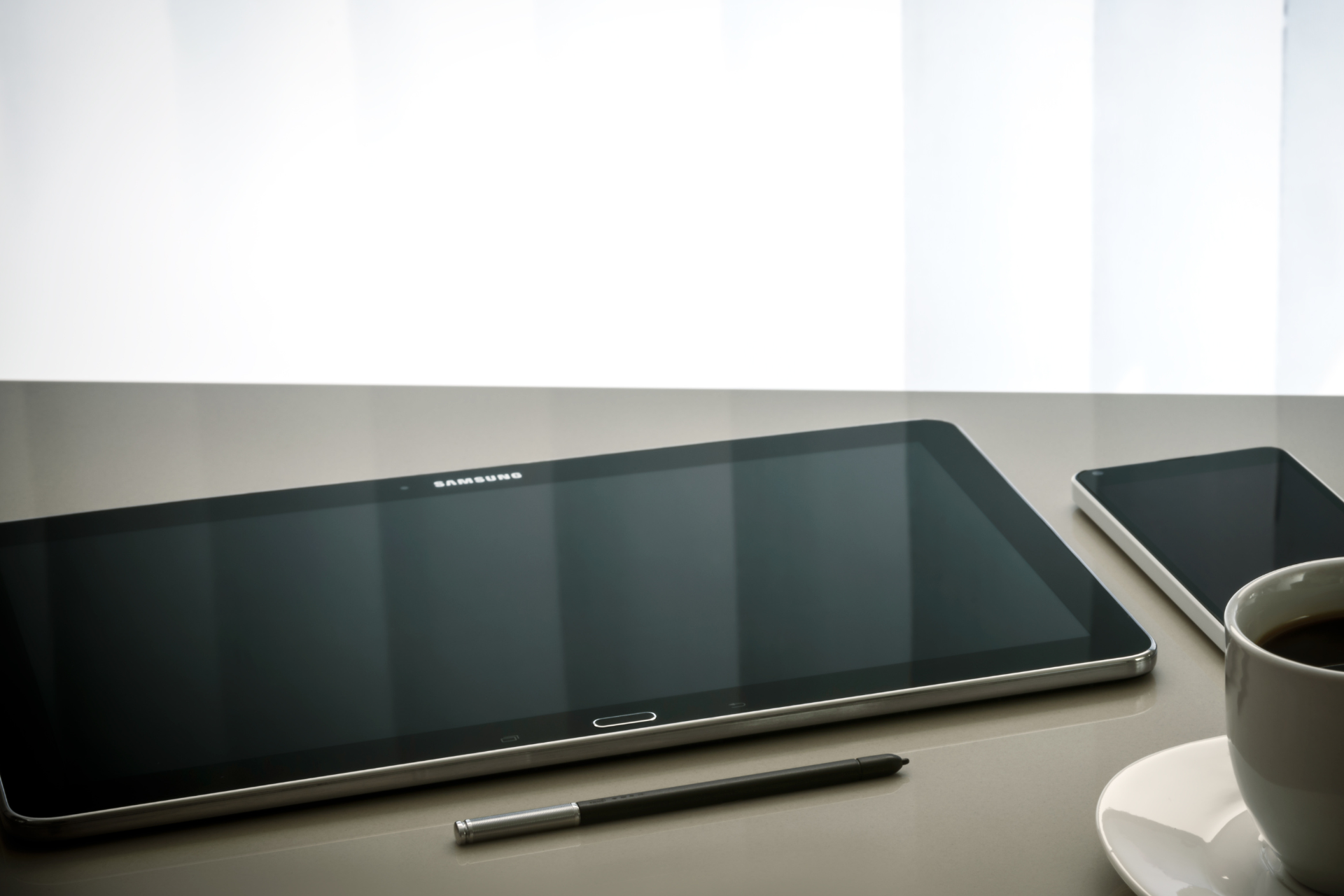

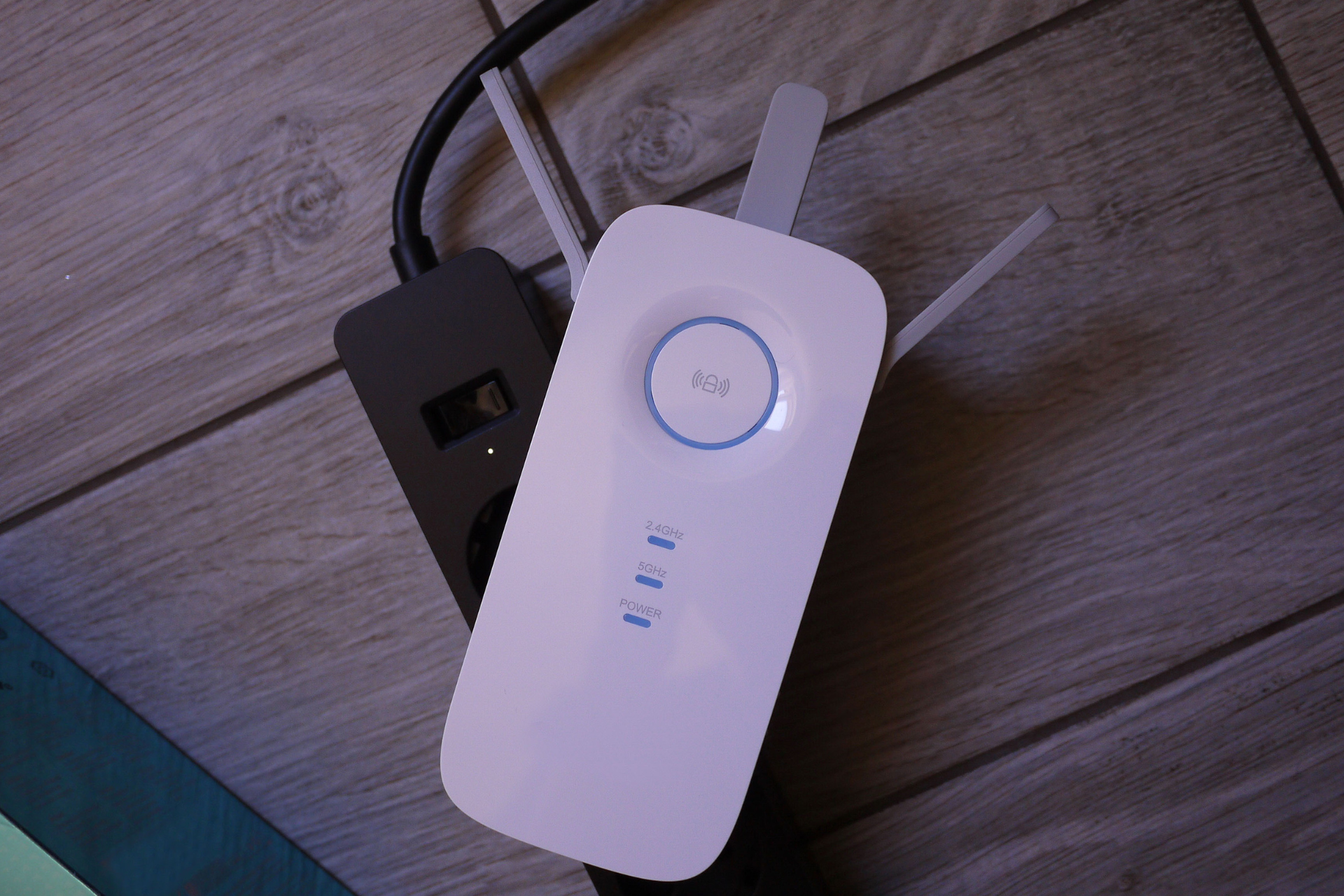
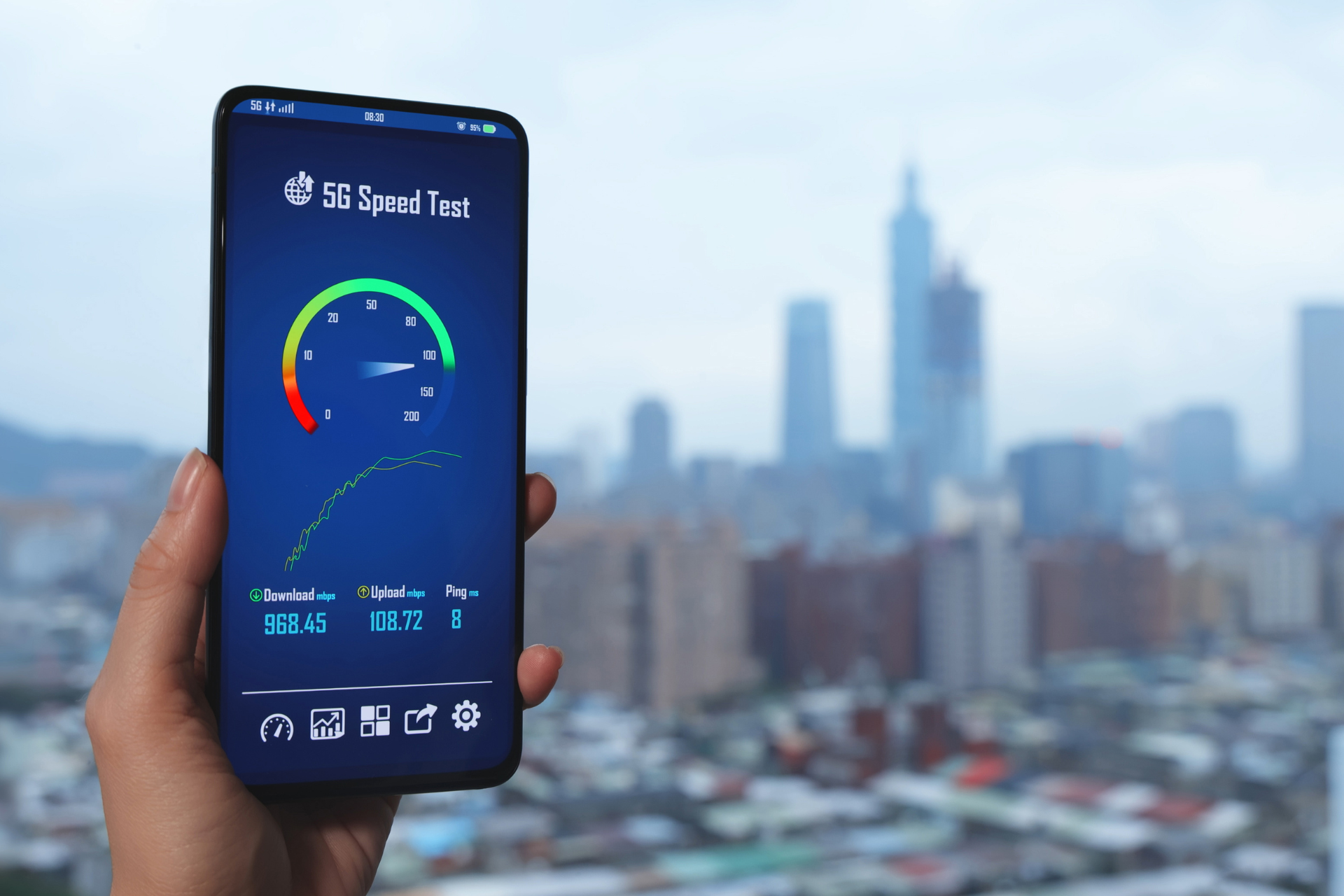
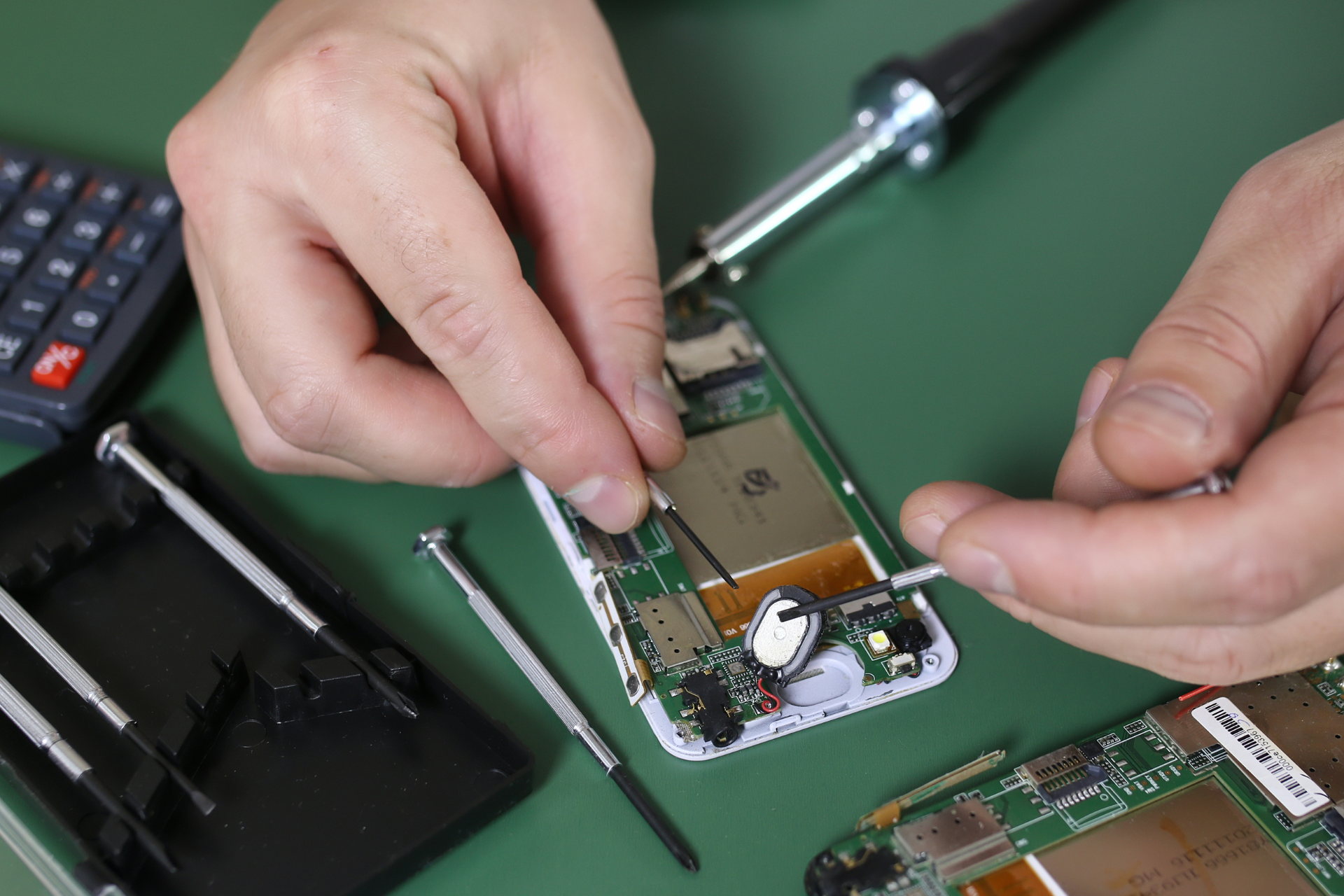

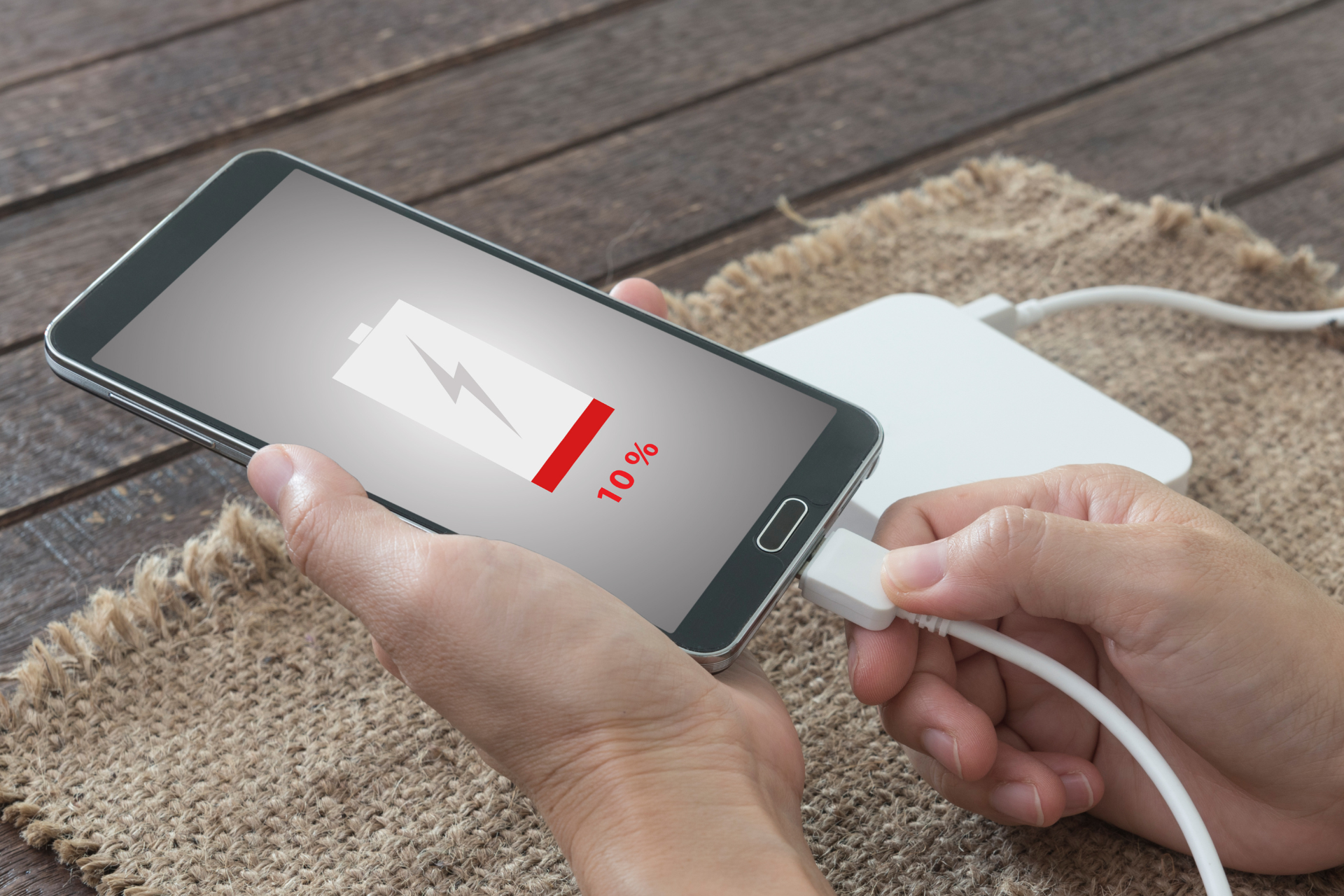
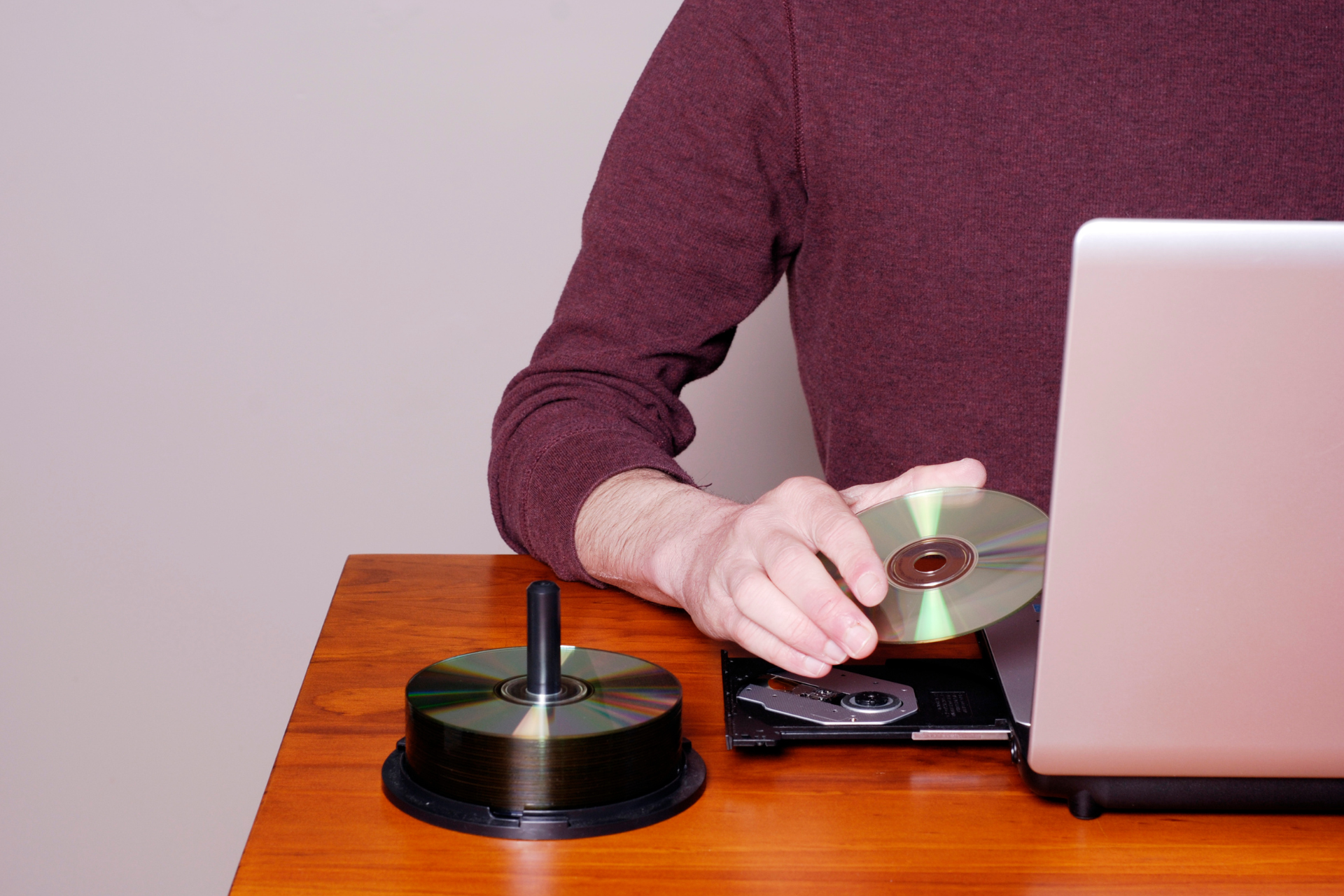
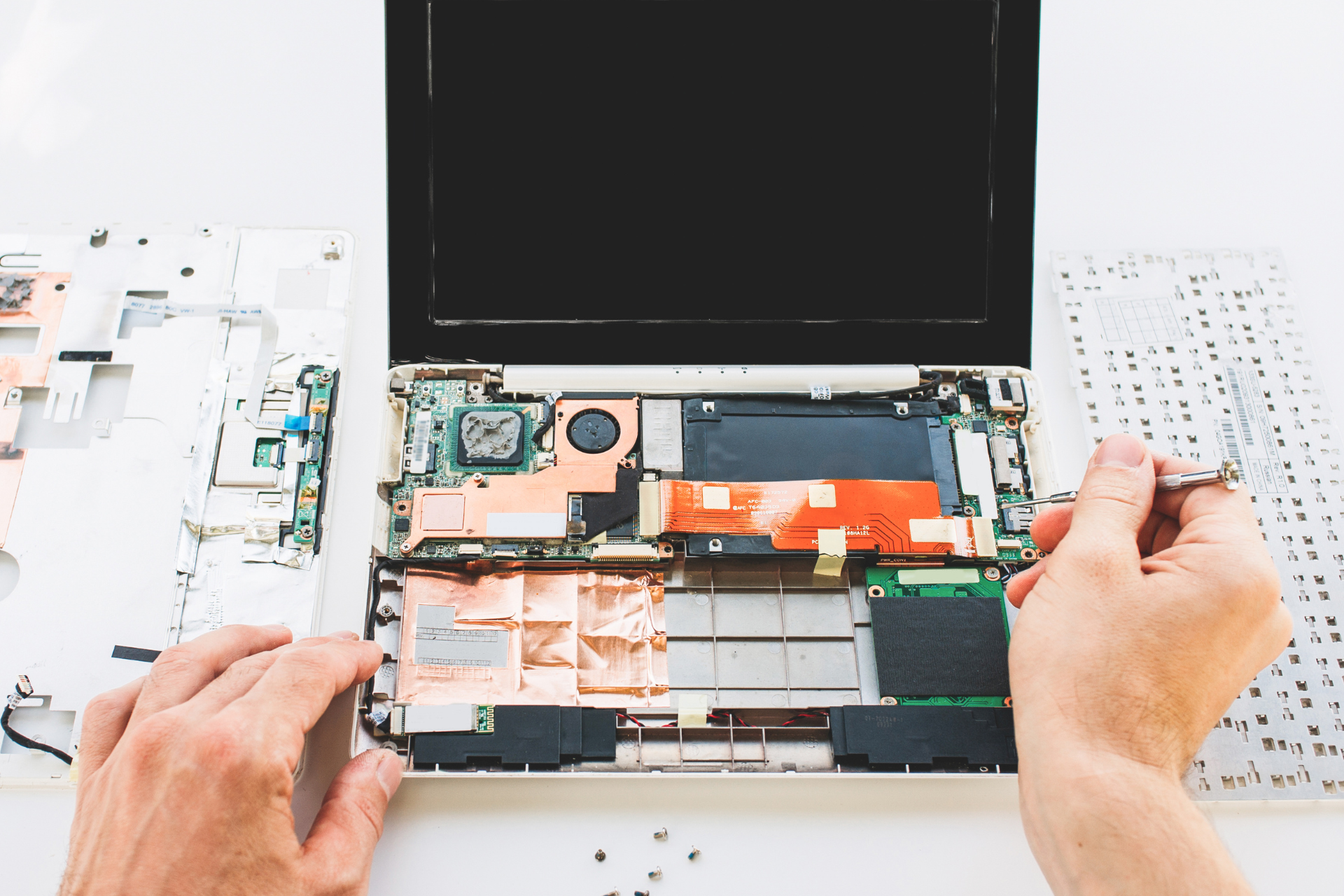
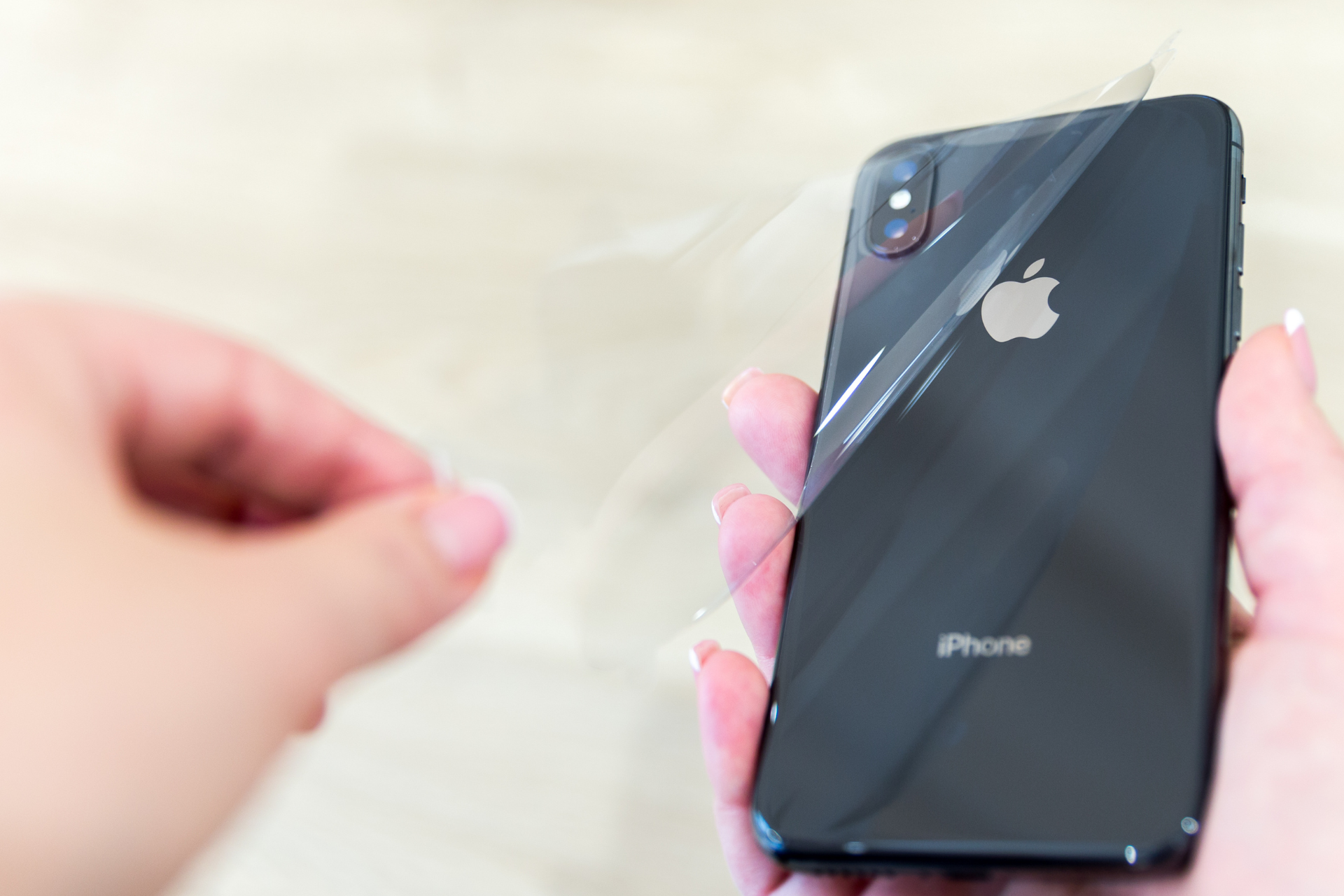


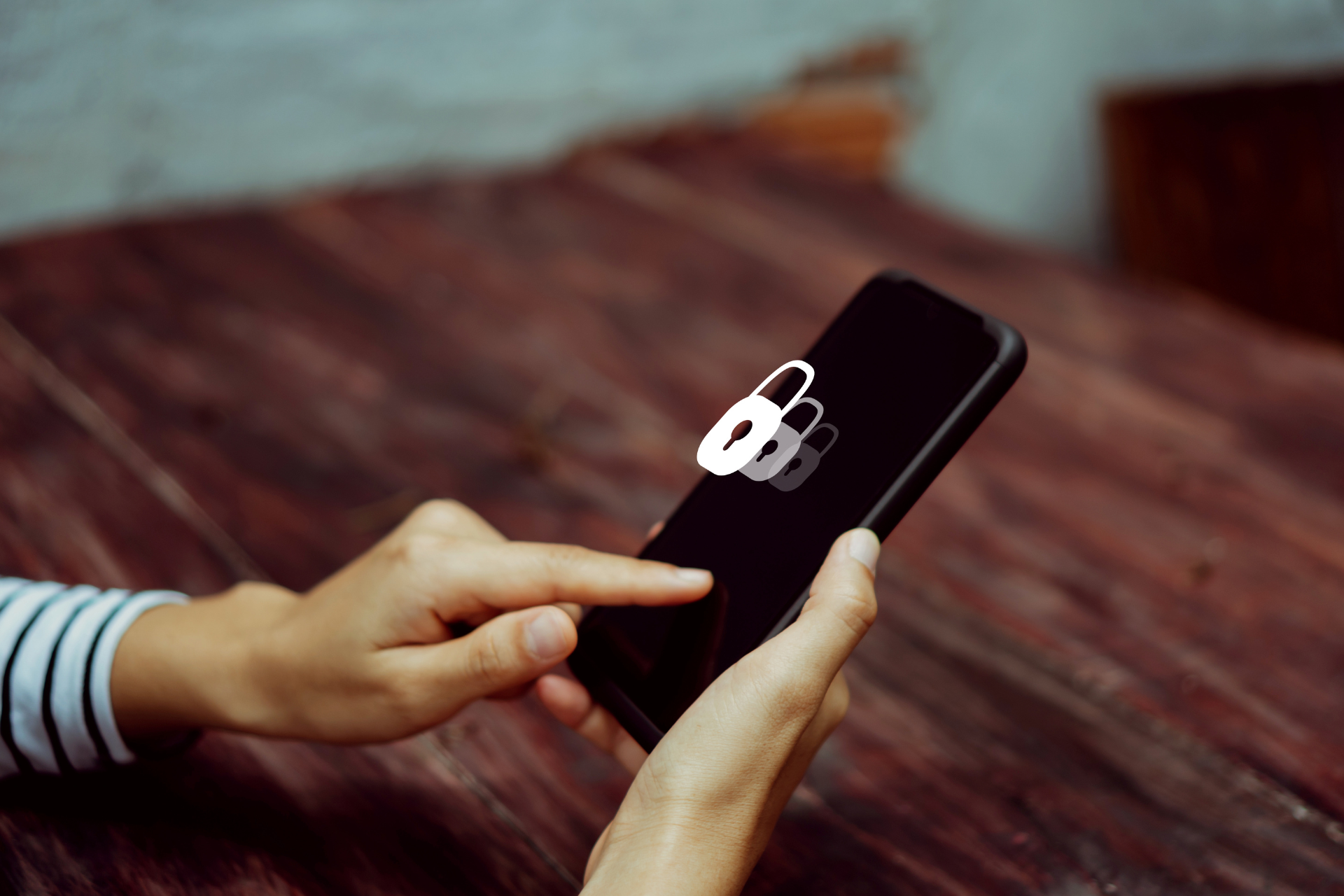
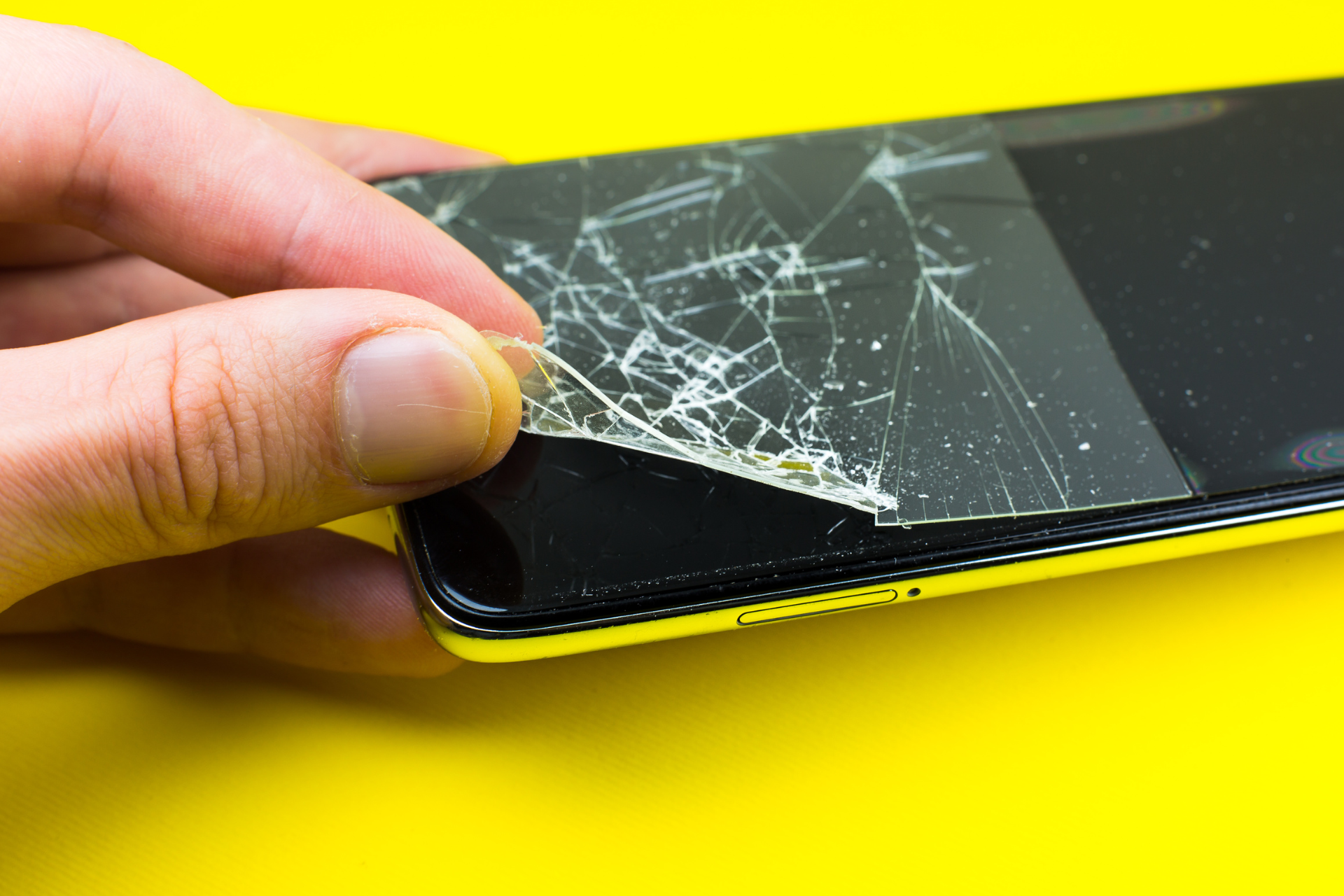
Send us a Message
Have a question? We’re here to help. Send us a message and we’ll be in touch.
We will get back to you as soon as possible
Please try again later
LET'S GET IN TOUCH!
Main Location
Hours:
Monday - Saturday 10:00 am - 7:00 pm
Additional Location
1500 W 3500 S, Kiosk #8
West Valley City, UT 84119
Hours:
-Thursday - Friday 12:00 pm - 7:00 pm
-Saturday 10:00 am - 7:00 pm
-Sunday 10:00 am - 6:00 pm
